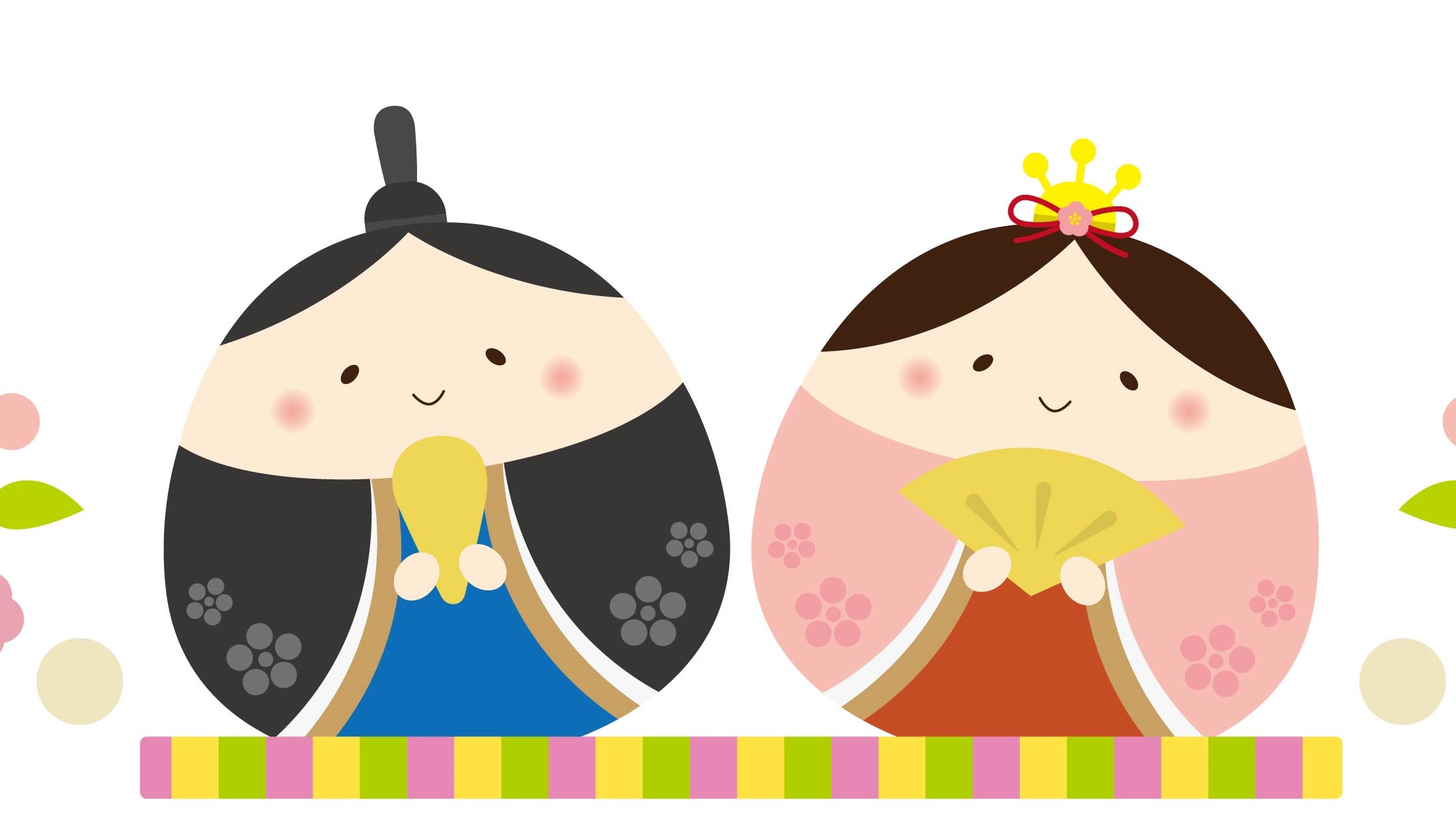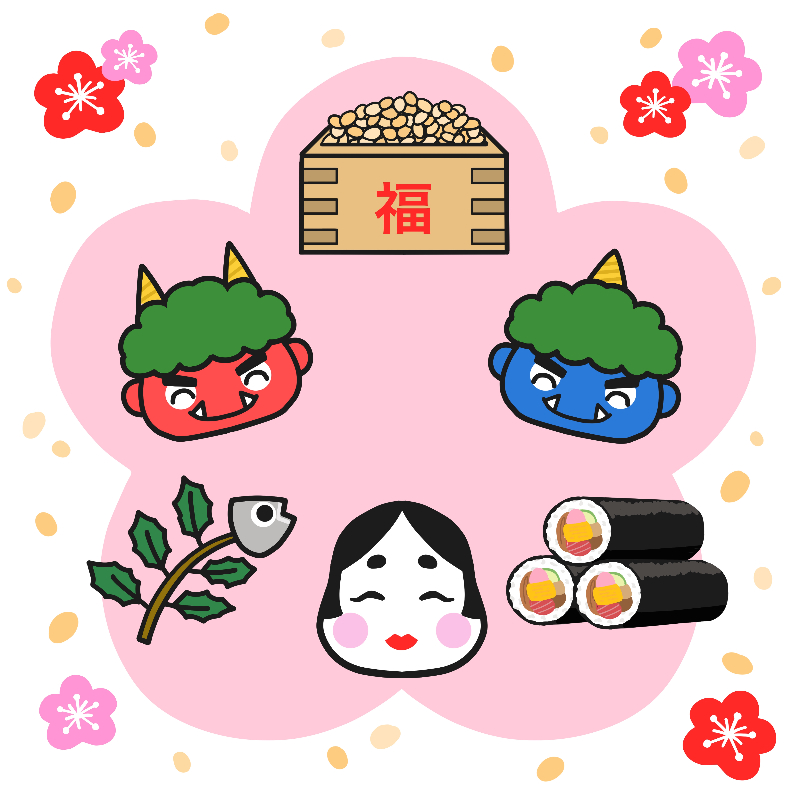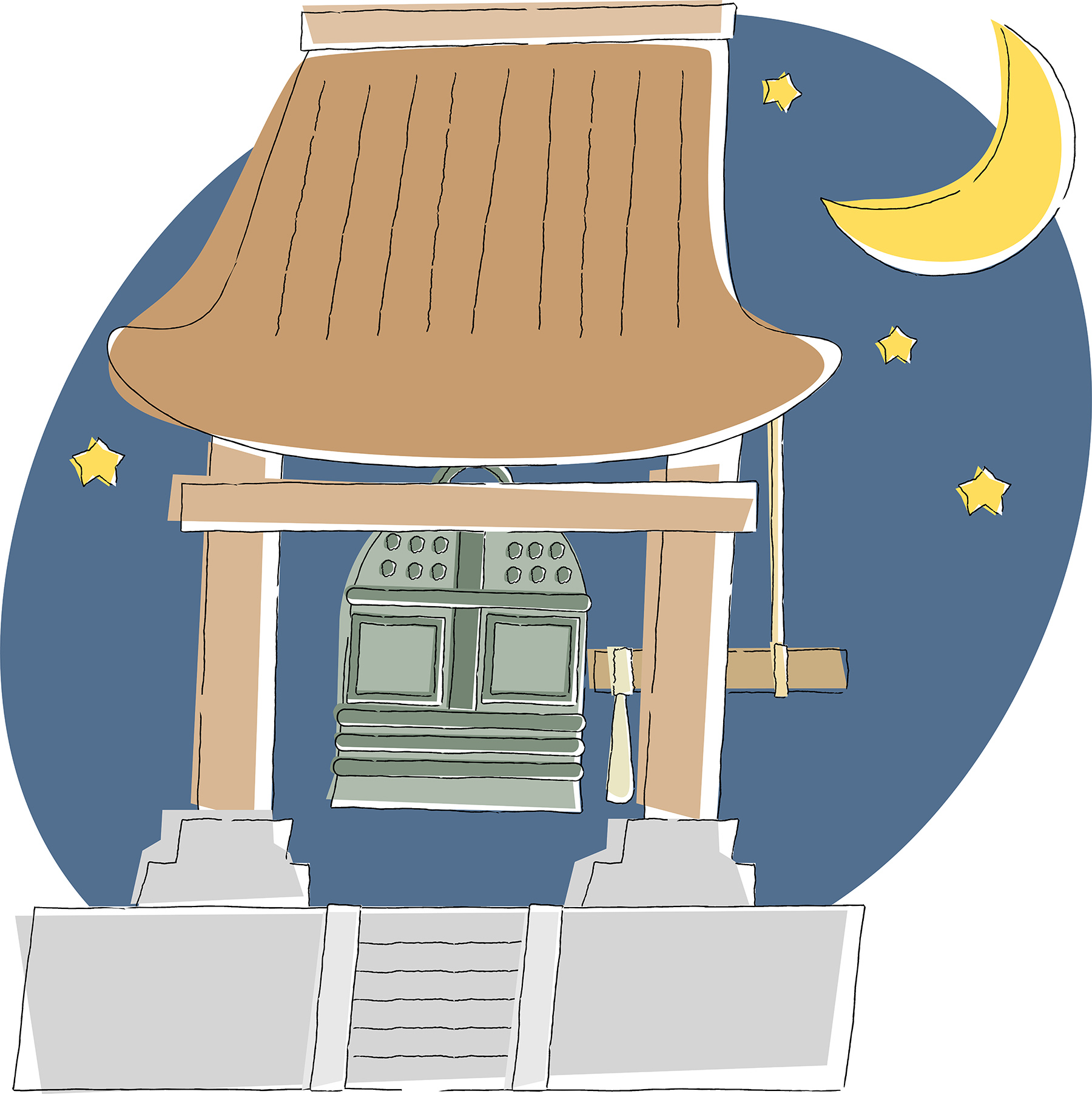
Play: Momotaroo
 This play, based on a Japanese folktale, comes from a collection of plays and skits created by the ACT Japanese teachers’ group for use in their primary and junior secondary classrooms. Students work cooperatively in groups or as a class to prepare and perform the play for their classmates or at a school event.
This play, based on a Japanese folktale, comes from a collection of plays and skits created by the ACT Japanese teachers’ group for use in their primary and junior secondary classrooms. Students work cooperatively in groups or as a class to prepare and perform the play for their classmates or at a school event.
Story Outline
A childless couple discover a baby inside a peach. The baby’s name is “Momotaroo” Peach Boy. The oni from the nearby island Oni-ga-shima raid Momotaroo’s village and steal all their treasure on a regular basis. When Momotaroo turns ten he decides to travel to Oni-ga-shima in order to retrieve the villagers’ belongings. On his way, he meets a dog, monkey and pheasant, all of whom accompany him on his journey to help fight the oni.
Cast
ナレーター×2 narrator ×2
ももたろう(あかちゃん) Momotaroo (baby)
ももたろう(10さい) Momotaroo (ten years old)
おじいさん old man
おばあさん old woman
いぬ dog
さる monkey
きじ pheasant
おにのたいしょう Chief Oni
おに Oni (any number)
コーラス Chorus
Script
Momotaroo Song

Link: https://youtu.be/rlzQMT6-XQw (Peach Boy – Momotaro: A Japanese Folk Song)
Cultural Notes
Oni
Japanese ogres which feature in many folktales. They are large, fierce looking creatures with horns and bulging muscles, and are often red or blue in colour.
(See こぶとりじいさん)
Kibidango
a millet dumpling, specific to the Kibi region of Japan (modern day Okayama). You can still buy kibidango in Okayama, although they are smaller than the original dumpling size.
Locations in Japan
There is a cycling path on the outskirts of Okayama City (called the Kibi Plain Cycle Path) which takes you to Kibitsu-jinja, the shrine devoted to Momotaroo. You can also visit Megi-jima (also known as Oni-ga-shima, Oni Island). It is said to be the site of the clash between Momotaroo and the oni, and is located off Takamatsu, Shikoku.
Language Concepts
- greetings, leave taking
- animal vocabulary and sounds
- past tense
- ~te form
- ~mashoo form




